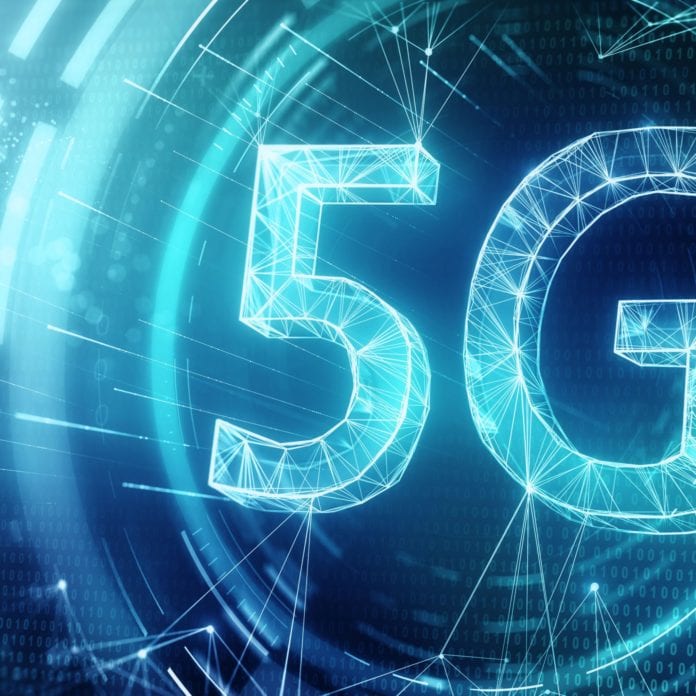South Korea’s three major mobile operators will share their 5G networks in remote coastal and rural towns across the country with the aim of accelerating the rollout of 5G networks, local news agency Yonhap reported.
The three mobile carriers – SK Telecom, KT Corp. and LG Uplus Corp. – signed an agreement so that 5G users can have access to 5G network regardless of the carrier they are subscribed to in 131 remote locations across South Korea, according to the Ministry of Science and ICT.
The ministry said the three carriers will test the network sharing system before the end of 2021 and aim for complete commercialization in phases by 2024.
In July of 2020, SK Telecom, KT and LG Uplus had agreed to invest a total of KRW 25.7 trillion ($22 billion) through 2022 to boost 5G infrastructure across the country. This investment primarily focuses on enhancing 5G quality in Seoul and six other metropolitan cities.
South Korea ended February with 13.66 million subscribers in the 5G segment after a net addition of 792,118 subscribers during the month, local news agency Yonhap reported, citing data from the Ministry of Science and ICT.
SK Telecom had the largest number of 5G subscribers at 6.35 million, followed by KT Corp. at 4.16 million and LG Uplus at 3.15 million.
According to data from the Ministry of Science and ICT, a big boost in 5G subscriptions during the first two months of the year was chiefly due to the popularity of Samsung Electronics’ latest flagship Galaxy S21 smartphones, which already surpassed 1 million units in domestic sales last week. The country’s three carriers are seeking faster adoption of 5G across the country and have announced more affordable 5G plans to promote the adoption of the technology.
South Korean telecom operators currently provide 5G services via non-standalone 5G networks, which depend on previous 4G LTE networks. The country’s three operators launched 5G technology in April 2019, and 5G networks are available mostly in large cities.
SK Telecom, KT and LG Uplus are currently preparing to commercialize new technology, such as Standalone versions of the 5G networks and millimeter-wave 5G.

